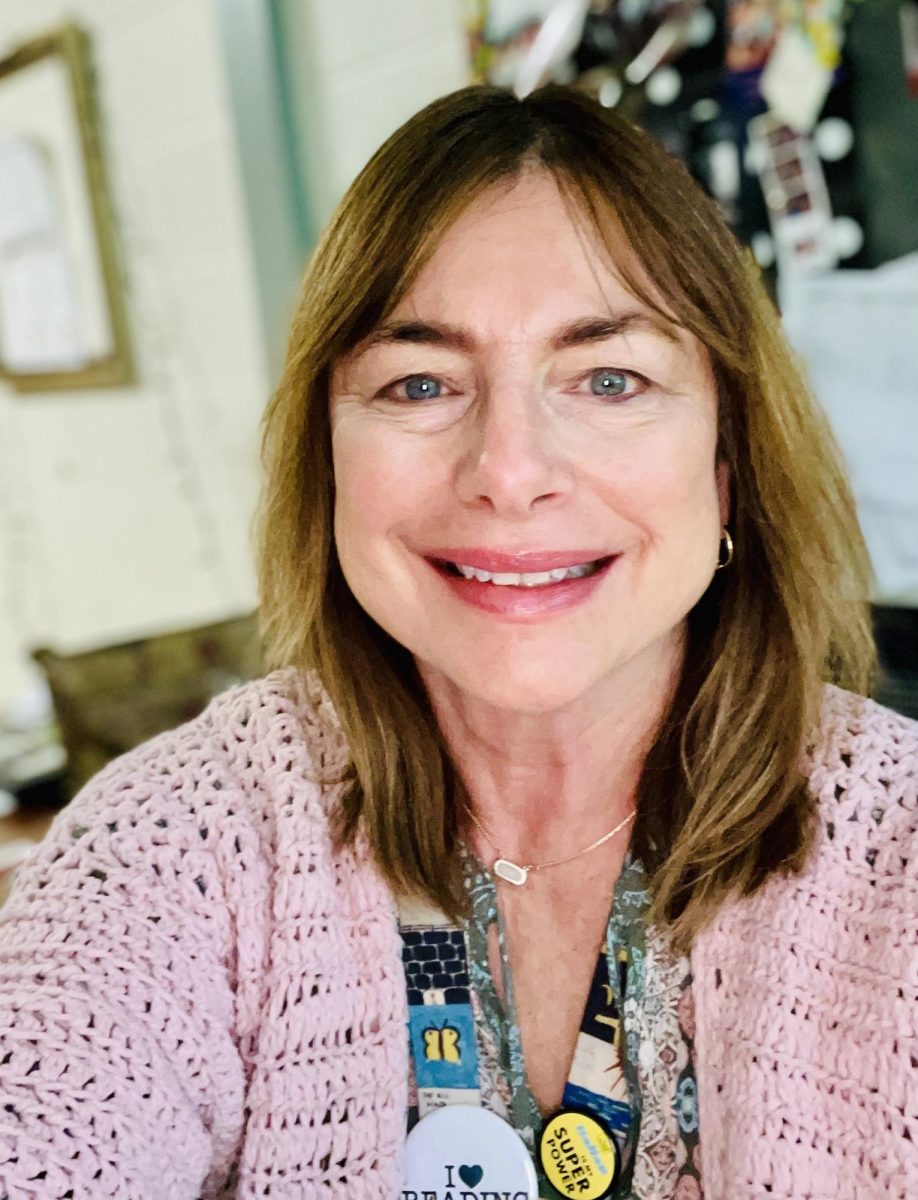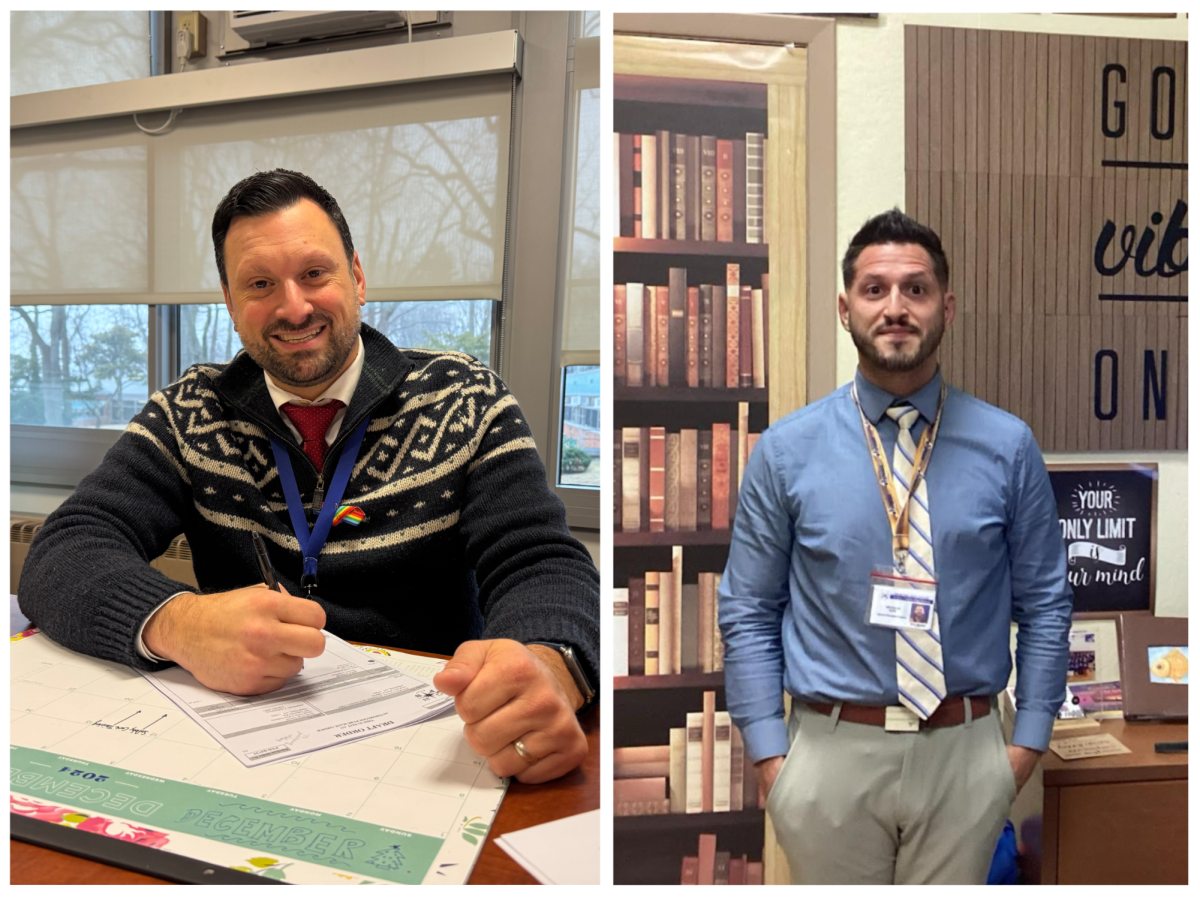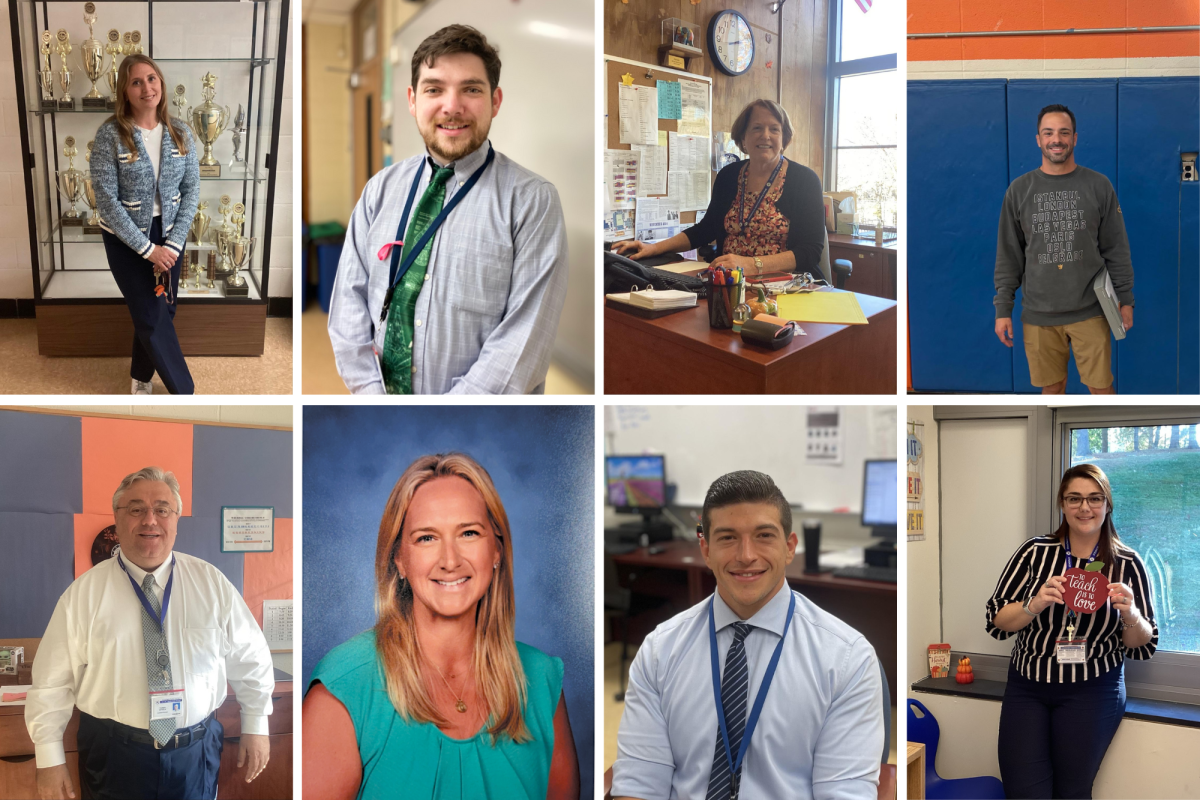
By Annie Zhang
On Oct. 18, thousands of students around the country refreshed their web pages simultaneously. Waiting anxiously, these students opened a document of names and scanned for their own. Out of more than 1600 projects, 498 applicants discovered that they had been named semifinalists for one of the most prestigious high school competitions in the science community—the Siemens Competition. Among those recognized are four South students: Juniors Shawn Kang and Eric Kuang and Seniors Jaysen Zhang and Aric Zhuang.
Each of these four Siemens semifinalists focused on a different area of science for their research projects, reflecting the wide range of research topics welcomed by the competition. Although the submitted projects were required to stay within the categories of science, math, or technology, there is a variety of unique subtopics that students can potentially research from computer science to black holes.
Eric Kuang, who partnered with a student from North, conducted research concerning astrophysics and the universe’s dark energy. For his project, Kuang wrote computer programs that analyzed supernovae in order to determine the amount and type of dark energy in the universe. Kuang’s results suggested that dark energy is a factor that may help explain the exponential expansion of the universe and other cosmological phenomena, such as the big bang. He explained that although his research doesn’t have obvious urgent applications to everyday problems and immediate effects on society, it may lead to a better understanding of the universe’s fate and its components.
While Kuang’s project investigated problems that may advance our knowledge of the universe, the other semifinalists’ projects addressed problems prevalent in society, such as cancer and other disabilitating illnesses. Jaysen Zhang, a two-time Siemens semifinalist, worked on a project examining how two proteins, c-Myc and Sirt5, control glutamine metabolism, a process that many cancer cells use to rapidly reproduce. His research discovered a previously unknown link between the two proteins controlling a metabolic process that causes cancer cells to reproduce. Zhang said, “We learned something new about cancer and how it proliferates, which, hopefully, can help create novel drug treatments in the future.”
Likewise, Aric Zhuang hopes that his research on Alzheimer’s disease can lead to treatment advancements. Partnering with a student from Garden City, Zhuang used human nerve cells and fruit flies with Alzheimer’s disease characteristics to study the effect of Jerusalem artichoke extract on toxic proteins critical to the development of the disease. Zhuang’s project revealed that the artichoke extract treatment led to higher rates of survival for the nerve cells and fruit flies, suggesting that the extracts could potentially lead to effective treatments of Alzheimer’s. Although results can be rewarding, the research process is often mentally challenging, causing some to want to give up prematurely. Zhuang said, “During my project, there were a lot of problems that made me feel discouraged and want to stop, but you just have to keep going.”
Shawn Kang, who partnered with a student from Roslyn, also encountered many issues and frustrations in his research, but his setbacks taught him important problem solving skills. Kang’s project involved programming a computer to distinguishing between cells, which can be used to analyze harmful cells moving in the body. His research utilized a process called deep learning, in which the machine is trained to complete a task in order to predict and detect the edges of cells. Detecting the boundaries of the cells is especially helpful for analyzing images with multiple cells because it makes differentiating the individual cells easier. Kang went through a lot of trial and error in modifying the code to increase the accuracy of detecting cell boundaries. He said, “I learned how to be patient and cooperative. I also developed a thinking process to deal with overcoming obstacles.” The issues within Kang’s project compelled him not only to persevere but also to grow as a learner.
All four semifinalists worked in a lab or with a mentor for the majority of the summer; Some even worked every weekday from nine to five. Since doing research over the summer is such a large commitment, Zhang believes choosing a topic that elicits genuine interest is extremely important. He advises, “Don’t pick topics solely based on if you think they will win the competition because winning Siemens shouldn’t be the end goal of your research.” Ultimately, the purpose of the Siemens competition or any other science competition is to inspire people to find new things that could potentially change society and advance our knowledge of the universe.






